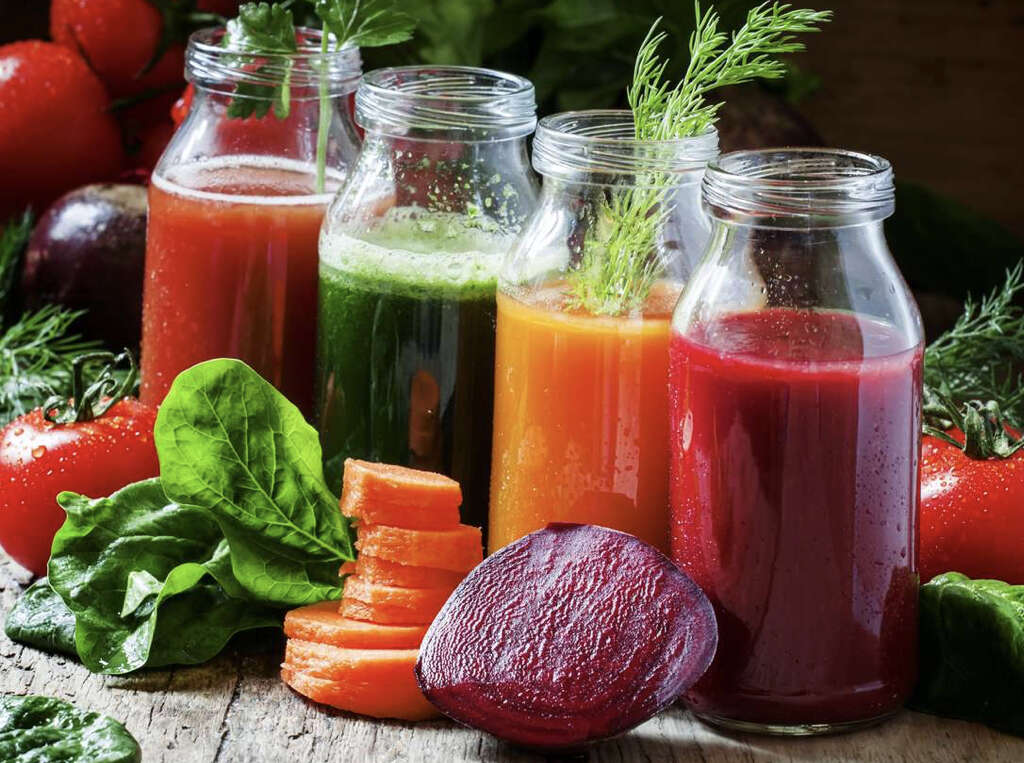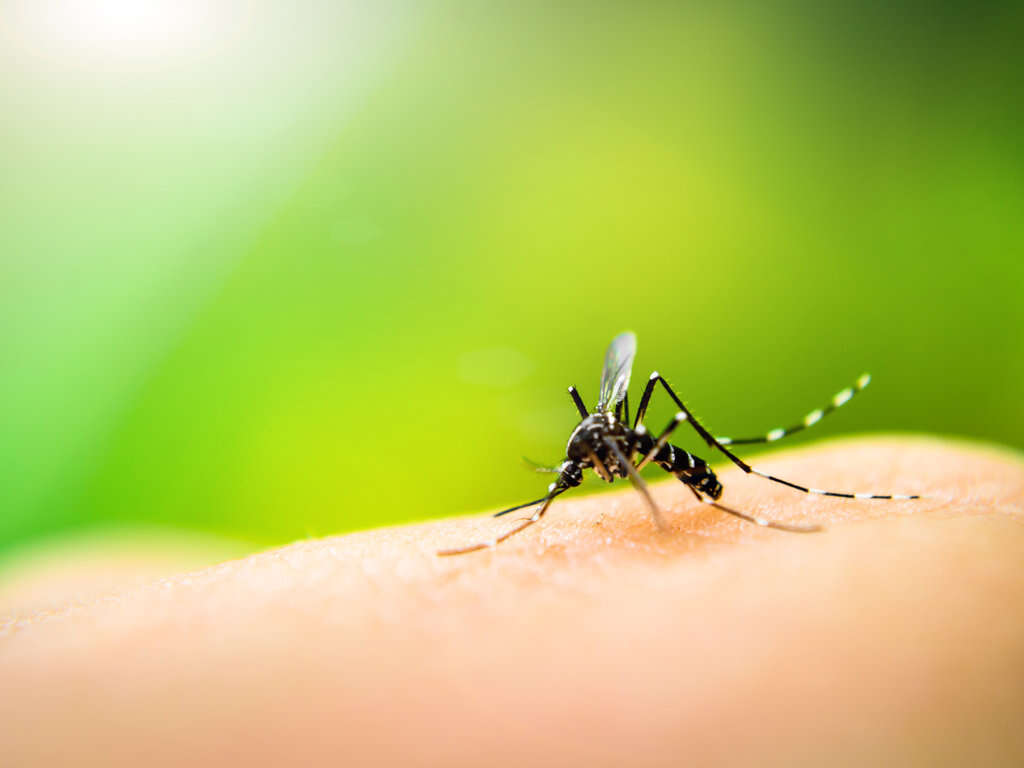Benefits of a Vegan Diet
The vegan diet requires that a person completely abstains from the consumption of any animal products. Only plant products like vegetables, fruits, nuts, and grains are consumed, and foods that are made from the same. It is much stricter than the vegetarian diet, which permits the use of animal products like milk and eggs.
The transition to a plant-based diet should be carefully undertaken as some challenges could adversely affect health. Understanding the nutrients that you need and how to optimally gain nourishment from plant-based foods is vital. With a bit of research, making smart choices, and finding the right balance, this lifestyle change can provide many benefits.

1. Weight Loss
Vegan diets make it much easier for those wanting to lose weight to achieve their goals. The meals tend to be much less calorific and low in fat, so even without exercise a person can still find themselves shedding pounds. Studies have shown that even in calorie-controlled Western diets that were compared to vegan diets, there was more weight loss achieved in the same period with vegan dieters.
With food choices that are more nutrient-dense and high in fiber, it is not surprising that weight loss becomes more effective. The results also tend to be more lasting as vegan dieters become more mindful of what they consume and how it affects their bodies.

2. Low Blood Sugar Levels
As people opt into the vegan lifestyle, there is more mindfulness when it comes to selecting foods. This more careful approach to consumption has resulted in many vegans that suffer from diabetes managing to reduce their reliance on medication to manage their condition. Vegan diets have been shown to increase sensitivity to insulin, resulting in less need for medications.
They also help to regulate blood sugar levels more effectively and avoid spikes that are more common with animal-related food products. This is good news at a time when there is a growing concern in the rising cases of prediabetes and Type II diabetes cases around the world.
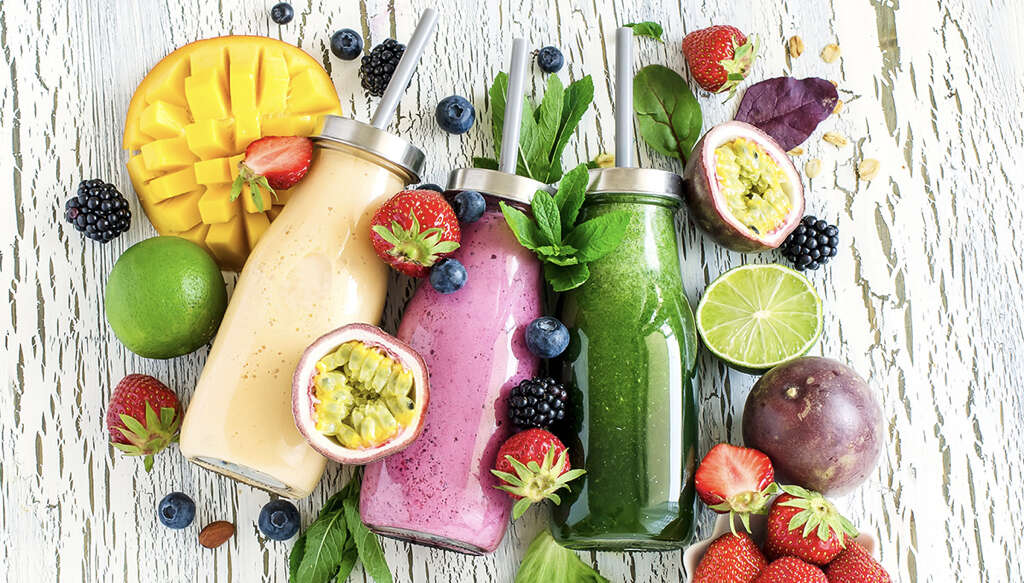
3. More Energy
With a more nutrient-dense diet that is rich in vitamins, minerals, and healthy fats, many people tend to experience more of an energy boost on making a switch to vegan diets. This is often coupled with lower stress and anxiety.
Research has shown that by cutting out such problem ingredients like processed sugar and fats, people enjoy more sustained levels of energy. With higher amounts of sugar consumption, people do tend to suffer from more frequent incidents of sugar spikes and lows that can affect mood and energy levels.

4. Elevated Mood
Studies have shown that those that adhere to a plant-based diet experience a lower risk of developing depression and enjoy more positive moods. Some nutritionists believe this is related to the more complex carbohydrates that vegans consume that may encourage higher levels of serotonin in the brain.
Serotonin is often called the happy chemical or happy hormone but is really a neurotransmitter that relays signals between nerve cells. It is believed to contribute to the general well-being and happiness in humans. The better fitness that is often achieved with a vegan lifestyle also contributes toward serotonin levels and improves mood.
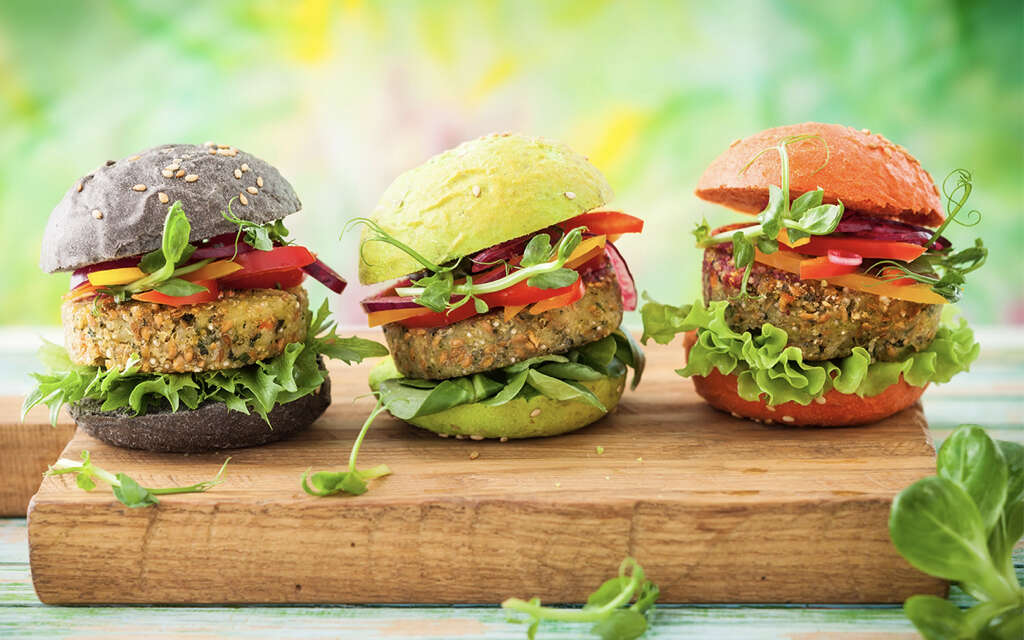
5. Lower Cancer Risk
Science has shown that about a third of cancers are linked to diet and other poor lifestyle choices. This means that by making smarter food decisions, people can significantly reduce their risk of being afflicted by these health problems. The nutrient-rich nature of vegan diets offers better nourishment for the body and cell protection.
It also helps to better regulate hormones whose behavior has been linked to conditions like breast cancer. The way many non-vegan foods are commonly prepared also has some impact. Charring from grills and deep frying of meats has been shown to increase the risk of some cancers.
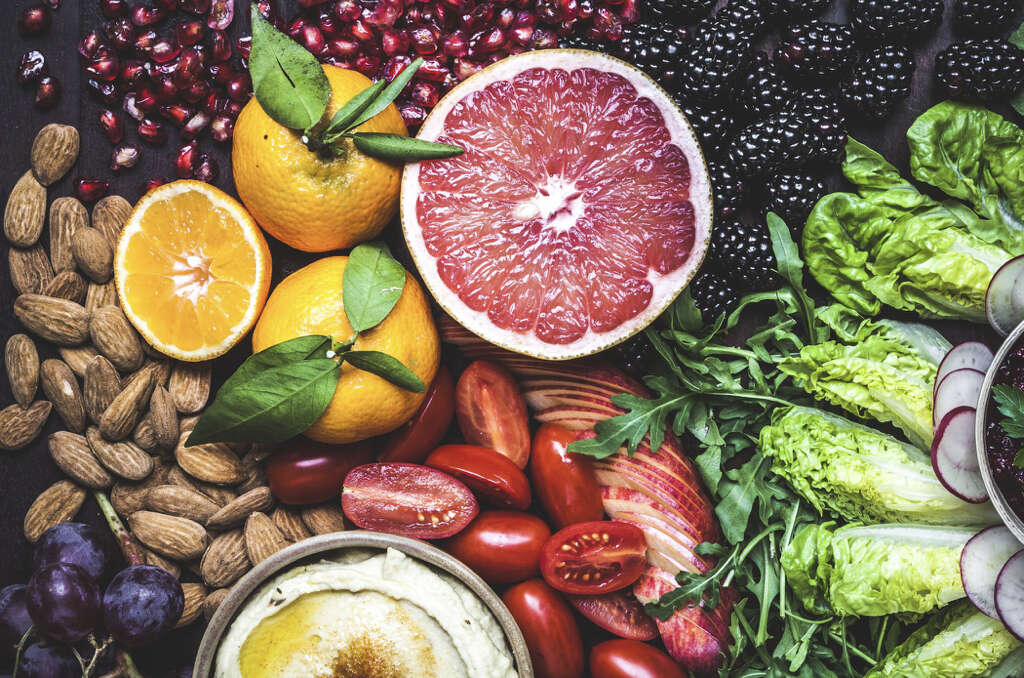
6. Healthier Skin
Many vegans have been found to have a more youthful appearance than their meat-eating counterparts. This is often linked to the blemish-free skin they develop as a result of cutting out damaging foods like milk. Dairy has been linked to many skin afflictions including acne.
Cows are often fed artificial growth hormones to help with milk production that often ends up in the systems of humans that consume dairy products. It is believed that this disrupts the human hormone and insulin levels. The boost in natural antioxidants from a vegan diet can also help to improve complexion and reduce bloating.

7. Better Cardio Health
The saturated fats that come from many meat dishes make it more likely to develop heart disease. From cholesterol buildup in the blood to increased blood pressure from constricted blood vessels, there are many ways in which cardiovascular health can be negatively affected by such poor diet choices.
Those on vegan diets tend to enjoy better heart health as their cholesterol levels tend to be much lower and they have better-regulated blood pressure. Blood sugar levels can also impact heart health by interfering with how some organs function and the health of the blood. Vegan diets not only better regulate these conditions, but they are also rich in foods that are good for the heart like vegetables, whole grains, berries, and beans.
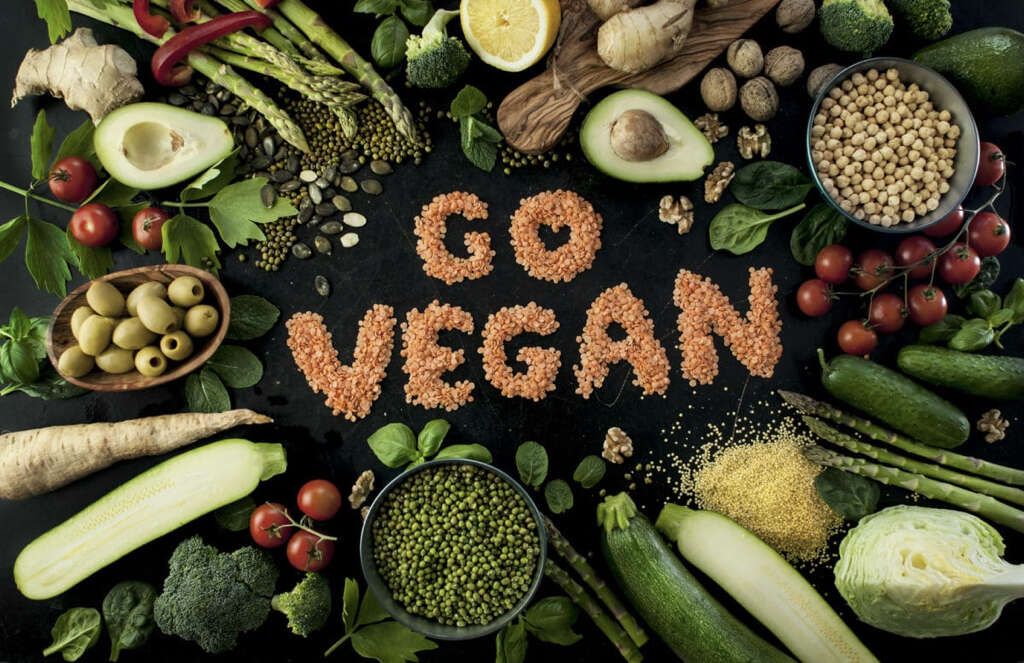
8. Lower Cholesterol Levels
As indicated, bad cholesterol levels, or low-density lipoproteins (LDLs), can have a significant impact on heart health. With high LDL readings, there is an increased likelihood of suffering blocked arteries. This impedes blood flow and can increase the risk of heart disease.
Thankfully, this problem can be reversed by making suitable dietary changes that can reduce bad cholesterol levels and increase the good ones-high density lipoproteins (HDL). Plant-based foods are great for achieving this and by also helping to promote weight loss they reduce the stress on the heart. Vegan diets are naturally low in cholesterol, making it easier to bring down bad numbers.

9. Improved Fitness
As weight is reduced, energy levels increase, and mood improves, it becomes easier and more enjoyable to participate in regular fitness activities. Vegan diets have also been shown to provide higher levels of nutrients needed for recovery. This makes it easier for vegans to get back to training.
Vegans also enjoy better flexibility, allowing them to suffer fewer injuries. Improved endurance has also been linked to this nutrient-rich diet that works well in promoting stronger bone and heart health. Protein is particularly important for bodybuilders, but even without meat, they can still get enough of this from vegan foods and supplements.

10. Environmental Gains
Producing animal products like beef and chicken involves much environmental degradation including higher emission of greenhouse gases and the use of limited water resources. There is also the problem of deforestation that often occurs where space is needed to accommodate growing herds of animals.
Research has shown that if more of the world’s population switched to vegan diets, there would be much lower emissions and less need for expansive farmlands. Overfishing that has greatly depleted ocean fish stocks would also end and there would be a reduction in the polluting of these waters by discarded fishing nets. There would also be fewer incidents of animal cruelty that often occurs when animals have to be killed or otherwise exploited to supply the market with animal products.
